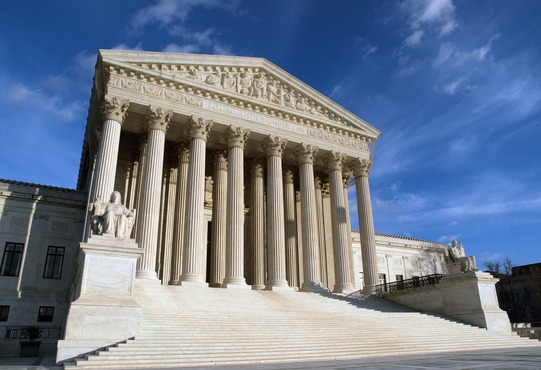The U.S. Supreme Court is presently considering whether an inherited retirement account funds can be protected against bankruptcy claims. The justices will decide the appeal of a Wisconsin couple, Brandon C. Clark and Heidi Heffron-Clark, who filed Chapter 7 bankruptcy in 2010 after their pizza shop business failed in 2009. The bankruptcy court rejected the debtors’ efforts to exempt Heffron-Clark’s inherited IRA which she had inherited from her mother. When the couple filed for bankruptcy, the IRA was worth approximately $290,000, and. Heffron-Clark had been withdrawing money from it since 2001.
A federal district court later overturned the bankruptcy court’s ruling but then the Seventh Circuit reversed that decision. The Seventh Circuit held the funds were not protected by Section 522 of the U.S. Bankruptcy Code as tax-exempt retirement funds because the funds began distribution before Heffron-Clark retired and therefore didn’t qualify as her own retirement savings.
Due to a split between the Seventh and the Fifth circuits on this issue, the Supreme Court granted certiorari. The split between the circuits occurred because an inherited IRA does not behave like a traditional IRA (which can be exempt up to $1.3 million under the U.S. bankruptcy code). An inherited IRA, for example, must start distribution to the current owner within one year of the original owner’s death, not at the time of retirement for the people who inherited the funds. Furthermore, the current owner can’t even add money to the account. Seymour Goldberg, former director of the Tax Institute of Long Island University, has jokingly called inherited IRA, “anti-retirement funds”. When the case was argued in front of the Supreme Court, Justice Elena Kagan said “[t]hat doesn’t seem like a retirement fund in people’s natural understanding of the language.”
While there are no statistics for how many bankruptcy cases are filed with exempted inherited IRAs, this issue is expected to become much more prevalent as baby boomer begin to pass on their retirement accounts to the next generation.
The court is expected to announce a decision on this matter by the end of June.






